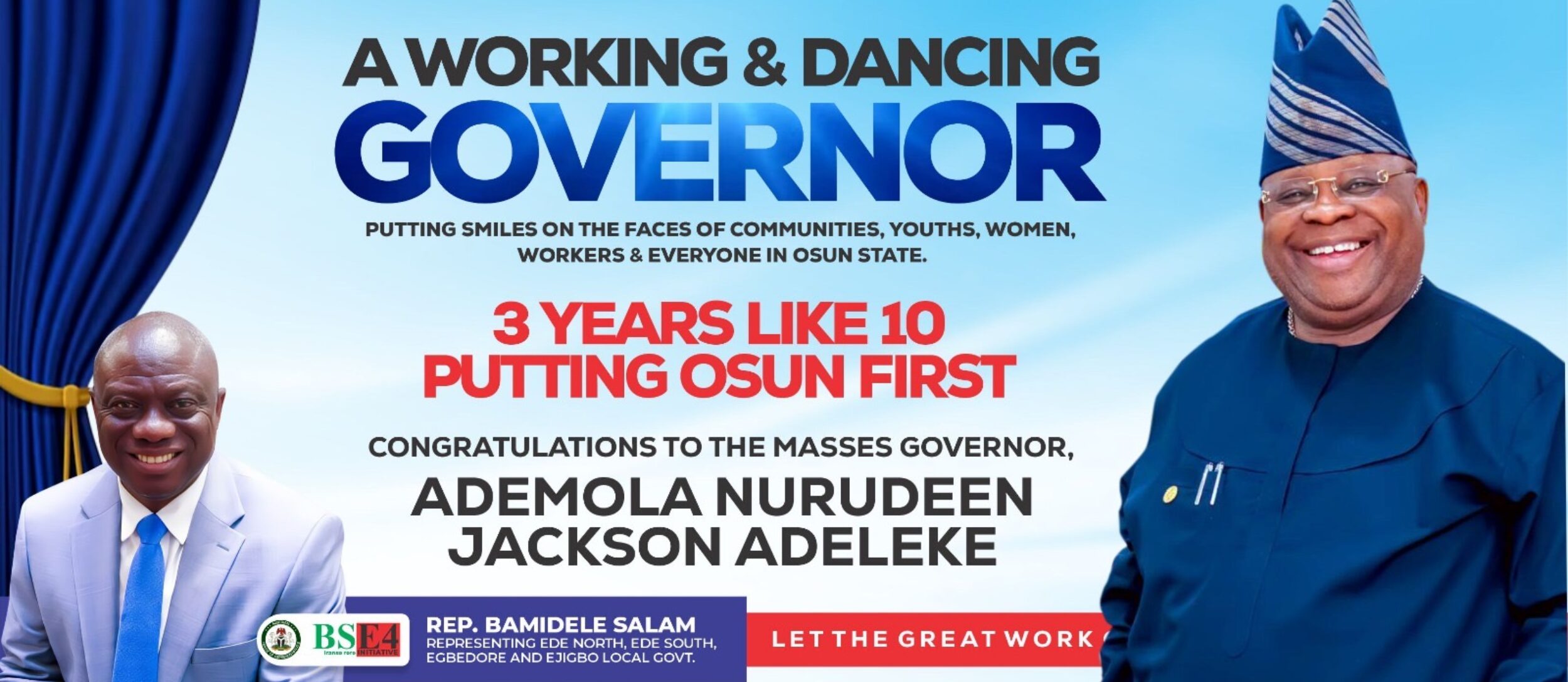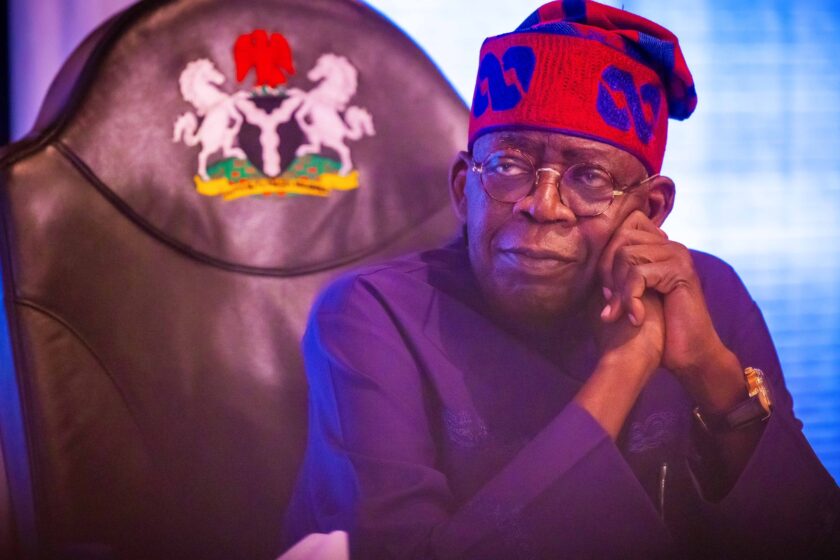The first 100 days of President Bola Tinubu’s administration have witnessed proactive initiatives and reset policies, especially addressing economic, socio-political, security and developmental challenges.
Upon inauguration on May 29, President Tinubu vowed to revamp the economy with his renewed hope slogan.
Tinubu has since hit the ground running and started delivering on his campaign promises.
In this report, The Nation outlines the major achievements of President Tinubu’s 100 days in office:
- Fuel subsidy removal – President Bola Tinubu on inauguration day, declared that there would no longer be a petroleum subsidy regime as the current 2023 budget does not contain it.
Following the declaration, fuel pump price and costs of transportation increased. The President who said he identified with the pain of Nigerians argued that the temporal discomfort was necessary to save the country from going under.
- Forex unification – President Tinubu ended the preferential exchange rate system. He affirmed that ending the preferential exchange rate system was also key to fighting the major imbalances that had plagued our economy.
- Inauguration of the presidential committee on fiscal policy and tax reforms
- Declaring State of emergency on Food Security – In the short and immediate terms, President Tinubu declared a state of emergency on food security and also promised that his administration will ensure staple foods are available and affordable.
- Cabinet formation
- Assenting to the Student Loan Act
- Signing of electricity bill
- Recalling all career and non-career ambassadors
- Post-subsidy palliatives to states – President Tinubu approved the disbursement of palliatives to States to ease the hardship faced by Nigerians caused by the removal of fuel subsidy.
- Assenting to bill unifying judicial officers’ retirement age to 70.
- Re-jigging NDDC board.
- EFCC Chairman, CBN Governor sacked – The government was swift in suspending former CBN Governor, Godwin Emefiele and EFCC Chairman Abdulrahseed Bawa.
- External reserves & stock market growth – External reserves grew from $35.1bn to $33.5bn, Stock market: +29% growth, Inflation rates: 22.4% to 24.1%
- Role as ECOWAS chairman – On the political scene at the global stage, Tinubu has asserted himself. Within a short while, he became the chairman of the Economic Community of West African States (ECOWAS) on July 9. His leadership role in resolving the Niger coup crisis has offered him visibility on the global stage.
(The Nation Newspapers)
Follow the OSUNDOTLIFE channel on WhatsAppKindly share this story | All rights reserved. This material, and other digital content on this website, may not be reproduced, published, broadcast, rewritten or redistributed in whole or in part without prior express written permission from OSUNDOTLIFE.
Contact: editor@osun.life
WhatsApp: 📲 +2348092333666

